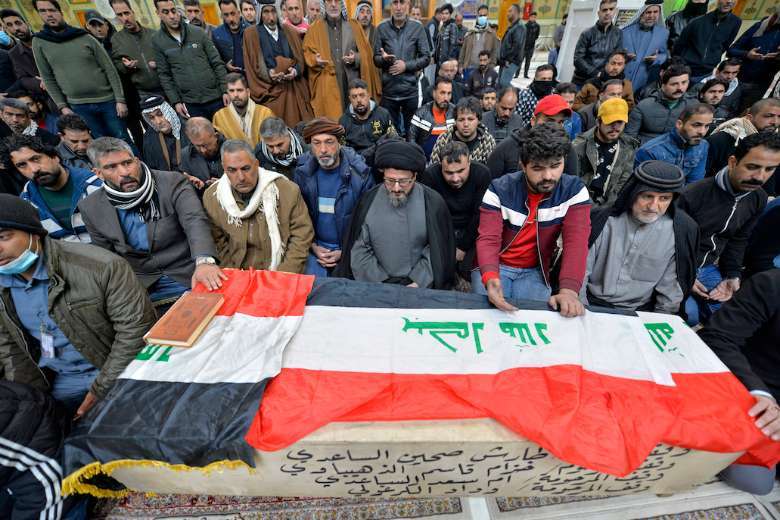Pope’s message of peace, dialogue and fraternity will force Iraqi politicians to rise above sectarian squabbles.
When Pope Francis visits Iraq in March, he plans to anchor his interfaith dialogue with Muslims in Abrahamism, the common root of Semitic religions that trace their origin to Judaism and the worship of Abraham’s God.
The Biblical birthplace of Abraham, Ur in southern Iraq, will figure prominently in the pope’s itinerary when he visits war-torn Iraq.
The impact of his visit will reflect on the entire strife-ridden West Asia region, where the two major Abrahamic religions — Judaism and Islam — are confronting each other and treat the ancient Christian communities as second-class citizens.
The pontiff is extending the olive branch through Abraham and the Old Testament, which the antagonistic warring groups and proponents of intra-Muslim rivalry will find difficult to renounce.
The pope is expected to produce something similar to the 2019 Abu Dhabi document on human fraternity while engaging Shia Muslim leaders in Iraq from March 5-8.
Shias are one of the two main branches of Islam and form some 65 percent of Iraq’s 39 million people. The Sunni sect, estimated to be 90 percent of the world’s 1.5 billion Muslims, is a minority in Iraq, accounting for 34 percent of its population.
The Vatican has to deliver a Christian-Shia dialogue to match the Christian-Sunni ties cemented during the papal visit to the United Arab Emirates in 2019, suggested Cardinal Louis Raphael Sako, head of the Chaldean Catholic Church.
The Vatican wants a pan-West Asia reach for the papal visit and has modeled the Iraqi visit motto: “You are all brothers.” The motto is written in the Arabic, Chaldean and Kurdish languages.
For the uprooted ancient Christian communities and their torched churches in Iraq, the papal journey will bring forth a social change in political Islam, which sees religion as a driving force to bring in social and political changes in society.
The dwindling Christian population, who claim an apostolic origin, are pinning their hopes on the pontiff as he has dedicated a quarter of all his papal visits to Muslim-majority nations without taking sides in the intra-Muslim feud.






